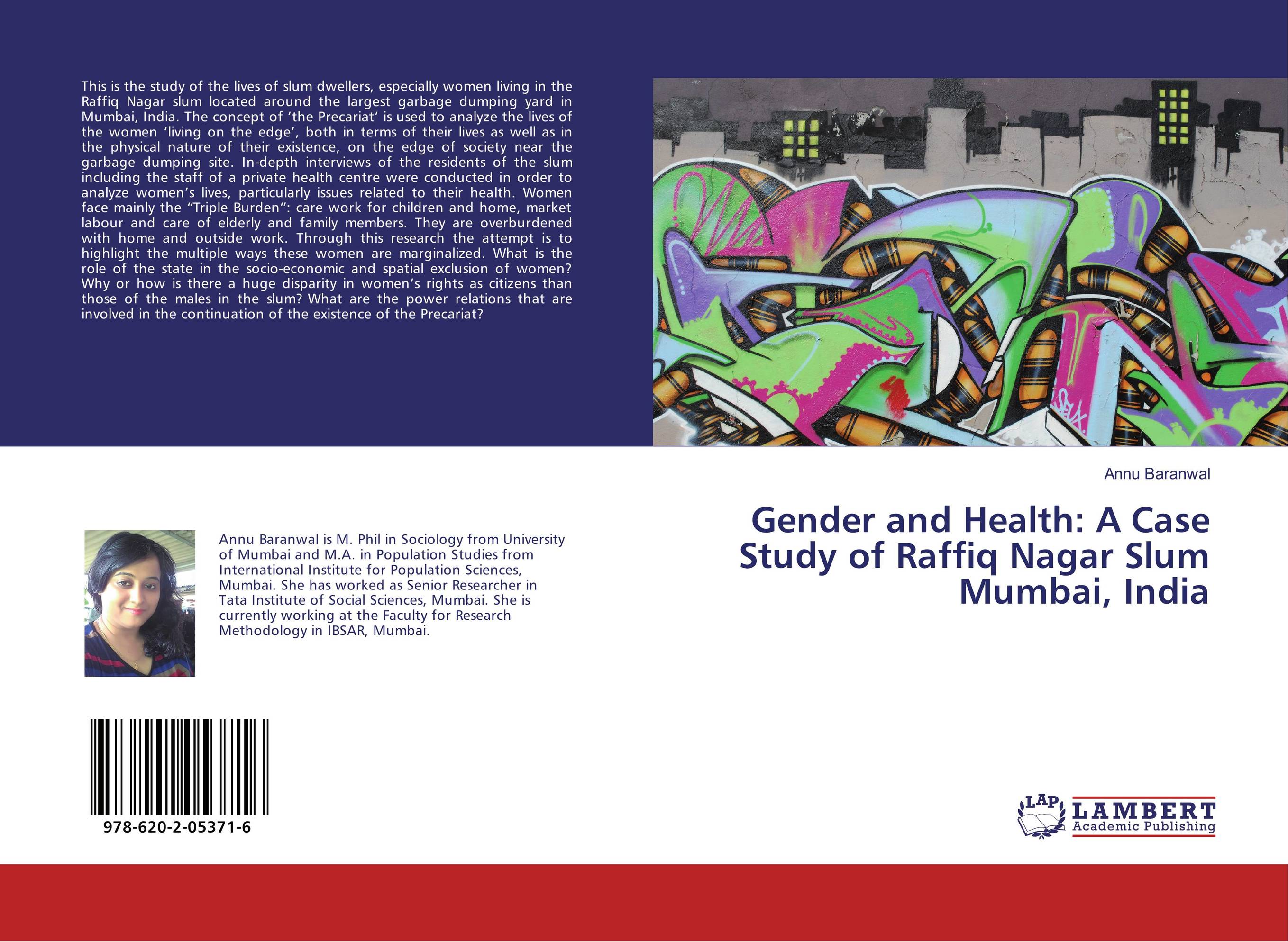| Поиск по каталогу |
|
(строгое соответствие)
|
- Профессиональная
- Научно-популярная
- Художественная
- Публицистика
- Детская
- Искусство
- Хобби, семья, дом
- Спорт
- Путеводители
- Блокноты, тетради, открытки
Gender and Health: A Case Study of Raffiq Nagar Slum Mumbai, India.

В наличии
| Местонахождение: Алматы | Состояние экземпляра: новый |

Бумажная
версия
версия
Автор: Annu Baranwal
ISBN: 9786202053716
Год издания: 2017
Формат книги: 60×90/16 (145×215 мм)
Количество страниц: 72
Издательство: LAP LAMBERT Academic Publishing
Цена: 21699 тг
Положить в корзину
| Способы доставки в город Алматы * комплектация (срок до отгрузки) не более 2 рабочих дней |
| Самовывоз из города Алматы (пункты самовывоза партнёра CDEK) |
| Курьерская доставка CDEK из города Москва |
| Доставка Почтой России из города Москва |
Аннотация: This is the study of the lives of slum dwellers, especially women living in the Raffiq Nagar slum located around the largest garbage dumping yard in Mumbai, India. The concept of ‘the Precariat’ is used to analyze the lives of the women ‘living on the edge’, both in terms of their lives as well as in the physical nature of their existence, on the edge of society near the garbage dumping site. In-depth interviews of the residents of the slum including the staff of a private health centre were conducted in order to analyze women’s lives, particularly issues related to their health. Women face mainly the “Triple Burden”: care work for children and home, market labour and care of elderly and family members. They are overburdened with home and outside work. Through this research the attempt is to highlight the multiple ways these women are marginalized. What is the role of the state in the socio-economic and spatial exclusion of women? Why or how is there a huge disparity in women’s rights as citizens than those of the males in the slum? What are the power relations that are involved in the continuation of the existence of the Precariat?
Ключевые слова: Gender, Slum Dwellers, Government, Health Care Services, NGO.



